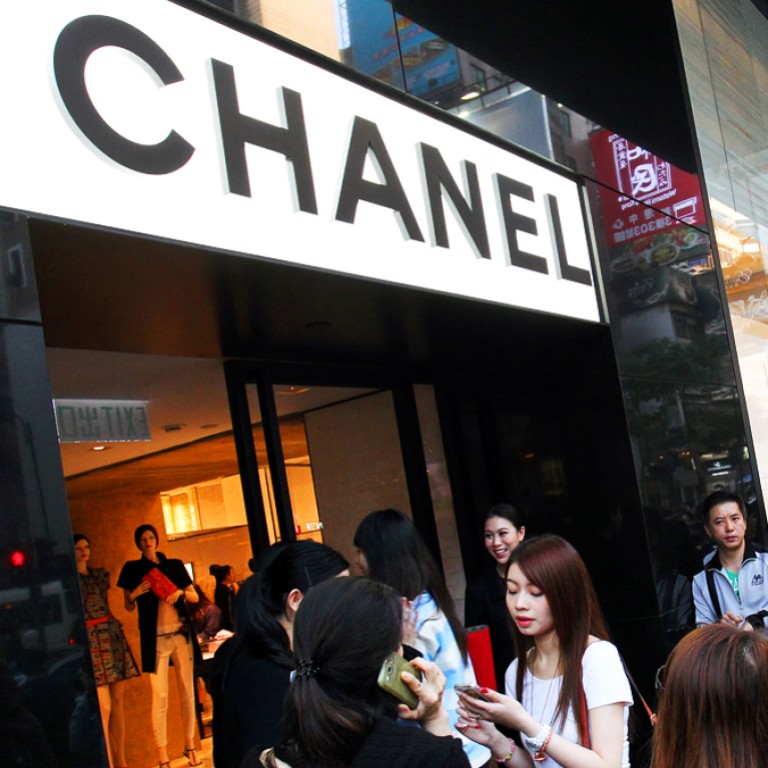
Hong Kong retail sales ‘to fall by as much as 8 per cent’ amid drop in tourist numbers
Retail sales for last month are expected to fall between 5 per cent and 8 per cent year-on-year because of a drop in tourism, the head of the Hong Kong Retail Management Association said.
Retail sales for last month are expected to fall between 5 per cent and 8 per cent year-on-year because of a drop in tourism, the head of the Hong Kong Retail Management Association said, following a fall in business recorded for January and February.
Association chairwoman Caroline Mak Sui-king attributed bad business to falling tourist numbers and spending, saying that visitors contributed 35 per cent of all retail sales revenue. The purchasing power of mainland Chinese tourists has also been on the decline, Mak told a Metro radio programme this morning.
“This was compensated by the increase in quantity of mainland tourists in the past. But now both tourist numbers and their spending power are decreasing,” she said, explaining why retailers have been hit hard.
Mak said that a seemingly small percentage drop in sales revenue caused a bigger impact on retailers than what the public perceived. It would drag the profit margin and affect small businesses’ cash flow, she added.
Travel Industry Council chairman Michael Wu Siu-ieng said a warning bell had been sounded for inbound tourism.
Apart from a fall in mainland visitors during the Easter holiday, the number of overseas visitors had also seen a double-digit decrease over the past few months, he said.
Both tourist numbers and their spending power are decreasing
He agreed with Chief Executive Leung Chun-ying that recent protests against parallel trading, some of which turned into scuffles, had put off mainland tourists. However, the drop in overseas tourists was more affected by fluctuations in foreign exchange rates than protests, he added.
“The falling yen means Japan is attractive to tourists,” he told Commercial Radio, explaining that regional tourism would be drawn to that country.
He said as a tourism service provider, one should not rate tourists differently based on their nationality or spending power.
“The government should deal with the arising social issues,” he added.
Secretary for Commerce and Economic Development Gregory So Kam-leung agreed that there are warning signs for the tourism industry.
Comparing tourist arrival figures this year for the Ching Ming festival and the subsequent two days to the equivalent period last year, the overall number of tourists had dropped 12.4 per cent. The decrease for mainland visitors was a larger 14 per cent, he said.
Tourism sector lawmaker Yiu Si-wing said the hotel occupancy rate was about 80 per cent, down from the usual 90 per cent. The hotel industry also saw more cancellations of bookings.
Retail sales in the first two months of the year dropped 2 per cent from the same period last year.
As this year's Lunar New Year holiday fell in February instead of January, festive shopping saw total retail sales in February increase by 14.9 per cent year-on-year to HK$46.6 billion. But the rise could not offset a big drop in sales in January compared with last year.
Meanwhile, the APEC studies programme of the Hong Kong Institute of Economics and Business Strategy at the University of Hong Kong, lowered its real gross domestic product forecast for the first quarter to year-on-year growth of 2.1 per cent, down from the January forecast of 2.4 per cent.
The revision reflects slightly more cautious consumer spending in the form of private consumption, and exports of services, according to the institute.
It forecasts real GDP to grow by 2.4 per cent in the second quarter of this year from the same period last year.
